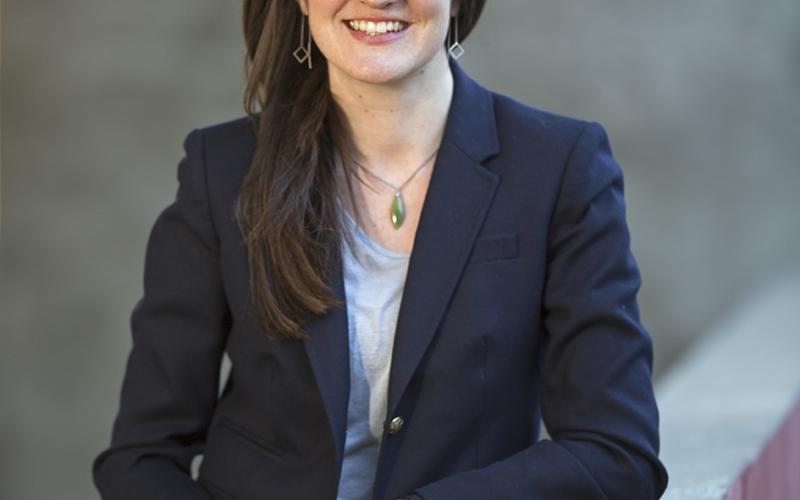Martha Sprigge on “Musical Widowhood and the Gendered Labour of Mourning in East Germany,”
Join us for the second 2020 lecture of the 2019–2020 UCI Musicology Guest Lectures series. Martha Sprigge from the University of California, Santa Barbara will speak on “Musical Widowhood and the Gendered Labour of Mourning in East Germany,” Thursday February 6, 4 PM, CAC first floor Colloquium room.
In the archives of the former East German Academy of the Arts, there is a folder labeled “widow correspondence.” The letters inside offer a glimpse at the women who served as private brokers of their nation’s cultural heritage. They protected their husbands’ gravestones, oversaw their archives, and sustained their ideological commitments. Several were renowned artists in their own right. Their primary designation as widows in this collection raises questions of the role of women in performing the work of mourning in the former German Democratic Republic (GDR).
Though there are a wealth of studies that document the feminization of grief across cross-cultural and historical contexts, women were strikingly sidelined in East Germany’s public mourning rites. This paper demonstrates how mourning nevertheless remained gendered in two central ways: musical adaptations of gendered mourning tropes and archival practice. I first analyze works by Hanns Eisler and Paul Dessau (two of East Germany’s most renowned composers) who responded to the war by incorporating representations of female widowhood into their memorial works. In doing so, they adapted longstanding feminized mourning customs to suit the emotional needs of the new socialist state. I then turn to consider these composers posthumous legacies, examining the establishment of their archives. After their deaths, their widows—Stephanie Eisler and Ruth Berghaus—resisted official narratives of their husbands’ lives by maintaining control over their estates. As they attended to their husband’s material collections, scores, sketches, recordings, and other musical remains became what psychologists call “transitional objects” that helped these widowers navigate through different stages of grief.
In focusing on musical widowhood, my paper offers a reconsideration of three related issues: mourning practices after World War II, gender dynamics in the socialist state, and the role that widows play in curating musical legacies. Particularly given the central role that collections of the Academy of the Arts have played in research on East German music and culture, a closer look at the women behind these collections can be significant for assessing current historiography of this country and its musical life.
Biography
Martha Sprigge’s research focuses on musical expressions of mourning, grief, and remembrance in Germany after World War II. Her essays on musical commemorative practices in East Germany appear in the Journal of the Royal Musical Association, the journal Twentieth-Century Music, as well as in recent edited volumes on German music and culture. Her work has been supported by the American Council of Learned Societies, the Michigan Society of Fellows, and the Hellman Foundation. She holds a PhD in music history and theory from the University of Chicago and is an Assistant Professor of Musicology at the University of California, Santa Barbara.
Click here for more information on the musicology lecture series.

